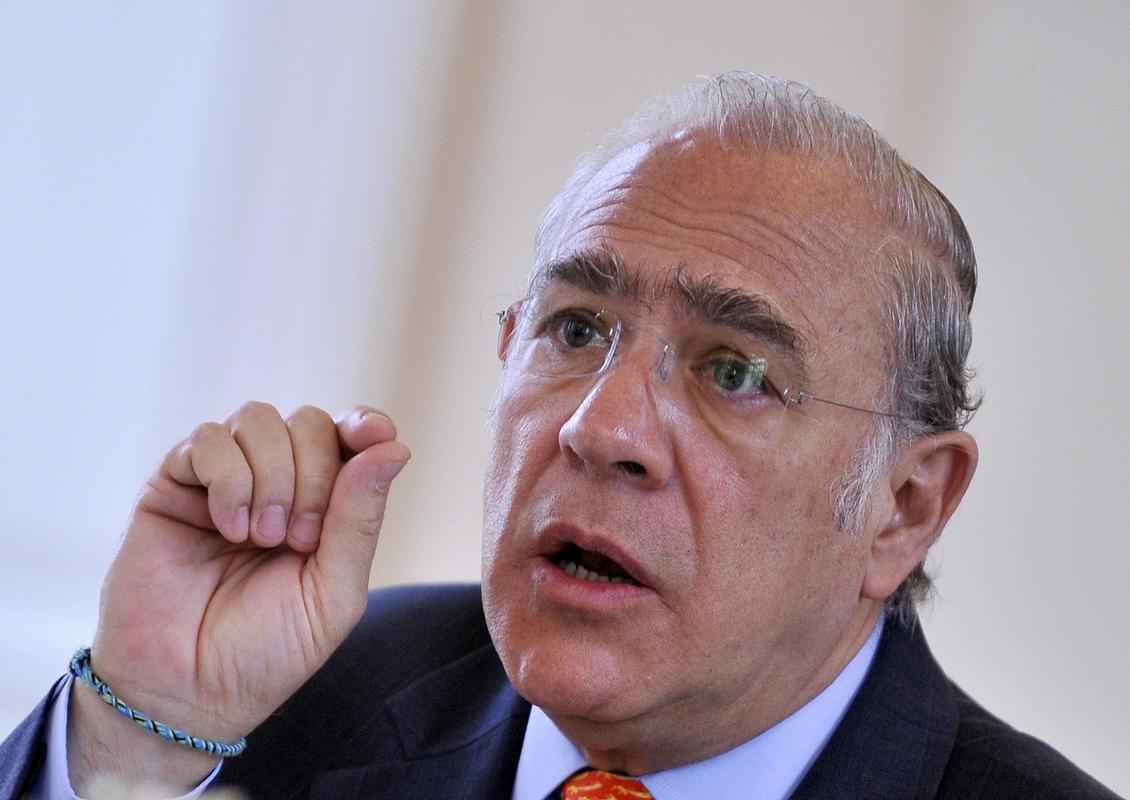

The Secretary-General of the OECD, Mexican Angel Gurria, stressed after the meeting with PM Cerar that compared to the crisis years Slovenia has achieved much progress and many indicators point towards a positive outlook. In the crisis years Slovenia's GDP fell by 26 percent and its banking sector was in grave difficulty. However despite surviving an economic crisis, Slovenia is still considered a welfare state. It's one of the countries with the lowest income gap between its citizens. "Slovenian society is one of the most egalitarian," stressed Gurria.
However, Slovenia still has to deal with a number of issues. It has already started tackling some issues while other still await. According to Gurria, Slovenia should set aside more funds for active employment policies. It currently sets aside only 0,3 percent of GDP for employment issues, which is almost half of the OECD average. Some countries set aside far more funding for such problems.
Apart from that Slovenia also needs to put in additional effort in the restructuring of its banking and other economic sectors. Additional financial consolidation is also needed in order to reduce public debt. Slovenia will therefore need to redirect towards long-term measures, also because of its ageing population. That's one difficulty a number of European countries face, however in Slovenia the problem is especially obvious.
Mr. Gurria is of the opinion that a new pension reform should be implemented as soon as possible, also at the expense of the consolidation of public finances. If not, in 15 years budget expenditure will increase by 6 percent of GDP. "Those who live longer can work longer. Everywhere in the world it's like that," said the OECD Secretary-General. "The ageing population will be a problem in the future and it's an issue we should openly discuss," he added.
A. Č.; translated by K. J.

































































